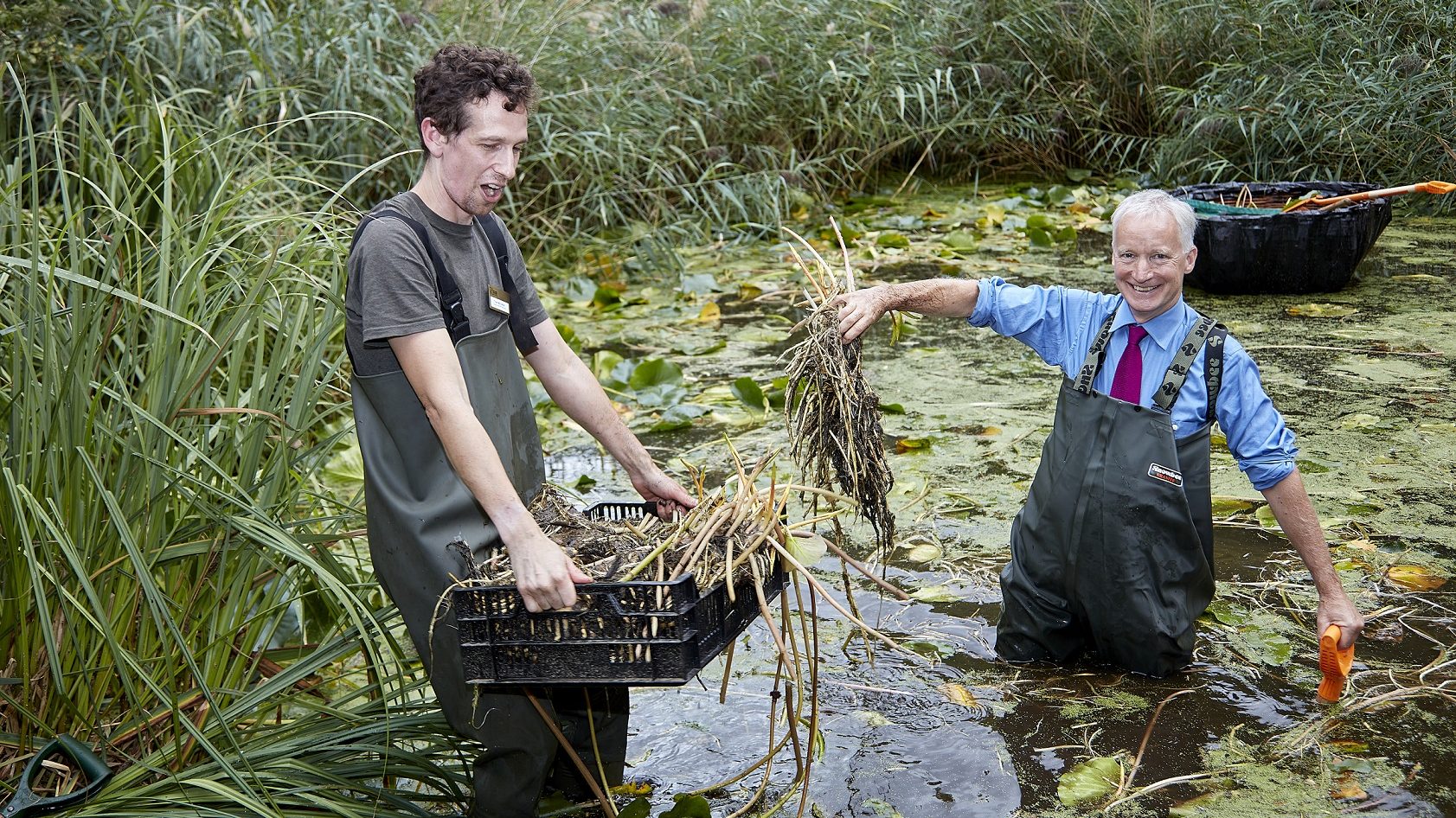Culture sector embraces nature, but fears grow over scrapped protections

Concerns are growing that Liz Truss’s government will tear up protections for heritage and the environment, just as a range of initiatives aim to strengthen the links between the cultural sector and nature.
Wildlife and conservation groups were furious at the announcement in last week’s mini-budget of plans for Investment Zones with relaxed planning rules. National Trust director-general Hilary McGrady criticised the zones as a “free-for-all for nature and heritage”, warning that “green spaces and beauty are vital to attract investment and for a good quality of life”.
“Likewise a rumoured return to EU-style land subsidies will squander one of the biggest Brexit opportunities for nature, fatally undermining improvements to the nature, soil and water upon which sustainable food production depends,” McGrady added.
This follows the National Trust’s recent launch of a campaign encouraging people to stay connected to nature during the cost of living crisis. Until 30 November, the trust is offering free family day passes (valid for two adults and four children) to its historic houses, gardens and parks. Existing members can use the passes to bring complimentary guests.
The trust is promoting the initiative using posters and billboards in towns and cities, which are intended to “remind people of the spectacle of autumn, including changing tree and plant colours, and autumn bird murmurations”.
Arts council partnership
And last week, Arts Council England (ACE) signed a memorandum of understanding with the National Association for Areas of Natural Beauty.
The organisations said the partnership represents their commitments to working together to “nurture new links between arts and cultural organisations, and England’s 34 Areas of Outstanding Natural Beauty” (AONBs).
The partnership will include “promoting opportunities, prosperity and wellbeing for rural communities, and contributing to conversations around tackling the climate emergency”, the organisation added.
It follows a series of projects where AONBs have commissioned or partnered on art installations and activities. These include a partnership at Pendle Hill in Lancashire, which involved artists and local people in the restoration of a peatland habitat.
ACE chair Nicholas Serota said the memorandum “represents further ambitions to deepen our appreciation and engagement with England’s rural landscapes, and their surrounding communities”.
Natural History Museum gardens
Meanwhile, London’s Natural History Museum has begun redeveloping its gardens as part of a project intended to understand and protect urban nature.
The museum will expand its existing wildlife garden, doubling the area of native habitats within its grounds, and improve access with step-free routes. New outdoor galleries will tell the story of evolving life on Earth, including “a giant bronze diplodocus immersed in a Jurassic landscape”.
The redevelopment forms part of the wider Urban Nature Project, supported by a £3.2m grant from the National Lottery Heritage Fund. The museum says the project is “developing new scientific tools and skills urgently needed to monitor, understand and protect urban nature”.
The gardens, due to open next autumn, will pilot technologies such as sensors gathering environmental DNA and acoustic data. Open access datasets of the information collected will be made available for use in research and conservation.